Article 14 Equality Before Law And Equal Protection of Law
Navigation: Constitution of India > Part 3: Fundamental Rights > Right to Equality > Article 14
Article 14 to Article 18 is known as an article of the ‘Right to Equality’. They are grouped in part 3 of the Indian constitution and they will provide equal rights to the people.
Article 14: Equality before law
The State shall not deny to any person equality before the law or the equal protection of the laws within the territory of India.
-Text in Constitution
Explanation of Article 14
This is a negative sentence and this right is for all people. (Citizens + Residents)
The concept of ‘Natural Justice‘ and ‘Rule of Law‘ comes from article 14 and the supreme court includes this right in the basic structure of the constitution.
You will have a question what does Article 14 say? …..
In the first view, the concept of “equality before law” and “equal protection of methods” seem to be the same but in reality, they have different meanings.
(1) Equality Before Law
The concept originated in the United Kingdom and it is a negative concept. This means the State is restricted from making any discrimination between two citizens.
This article states that-
- No person shall have any special rights on the basis of birth or vote, and the absence of any privileges.
- The equal subjection of all persons to the ordinary law of the state by ordinary law courts
- No person (whether rich or poor, high or low, official or non-official) is above the law.
Example: If a normal person or a government official kills someone will be prosecuted in the same manner on both and the provision of punishment will also be the same, which means the same law will apply to both of them in the same manner.
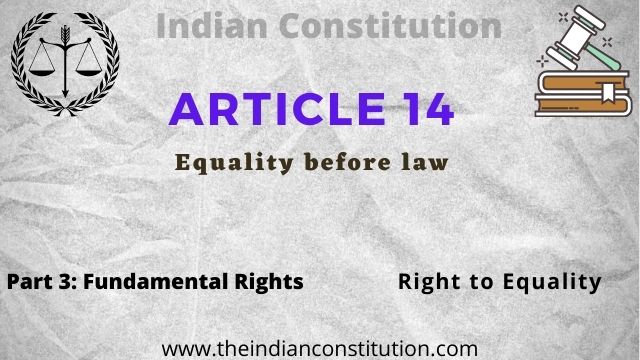
(2) Equal Protection Of Law
The equal protection of law concept originated from the US Constitution. Which is positive in character.
Equal protection of the law implies-
- Law shall be the same and administered equally to equal people, which is equal treatment under equal circumstances.
- People living in equal circumstances will be treated equally without any discrimination.
- the State to give special treatment to persons in different situations in order to establish equality among all
In short, Equals would be treated equally and unequal would have to be treated unequally, the supreme court held that where equals and unequal were treated differently.
Exceptions In Right To Equality
The following exception to the ‘equality before law’ in the Constitution of India is –
(1) The President or the Governor of the State shall not be liable in any court for the exercise of the powers and duties of his office.
(2) No criminal processor shall be the start or continued against the President or the Governor of a State in any court during his tenure.
(3) Before or after assuming his office as President or Governor of a State, there may be civil proceedings but two months before the opposing party has to give notice, in writing describing of the name, address, and dispute. (Article 361)
(4) No member of Parliament or State Legislature is obliged to appear before the court in any case of criminal or civil while the session is going on. (Article 361-A)
(5) No member of Parliament or State Legislature is answerable to any court for the speeches, opinions, or votes given in the House. (Articles 105 and 194)
(6) Article 31(C) is the exception, according to this, by following the Directive Principles State Policy, if a law is made under Article 39 which violates Article 14, it will be valid.
(7) If the foreign sovereigns (rulers), diplomates, and ambassadors done criminal or civil crime then the state will not act on them by using equal proceeding. There are globally accepted laws and processes for that.
(8) As the same mentions above, the United Nations Organization and its agencies also enjoy diplomatic immunity.
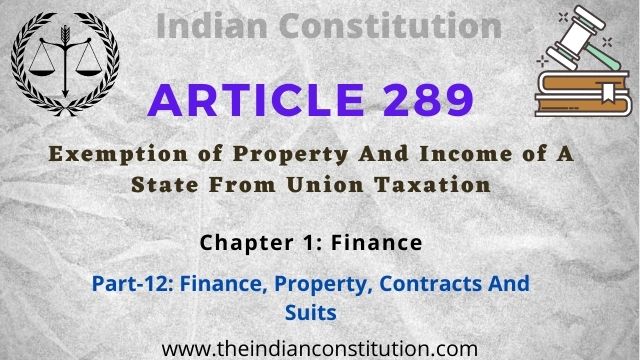
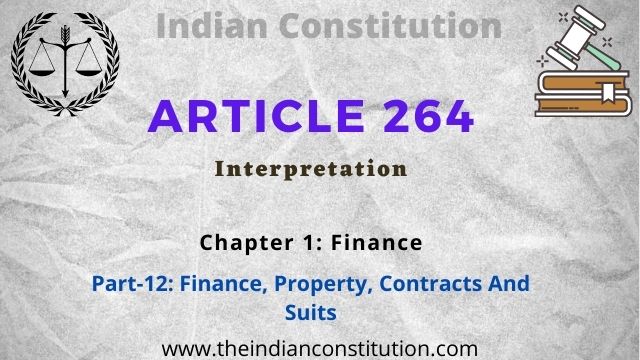
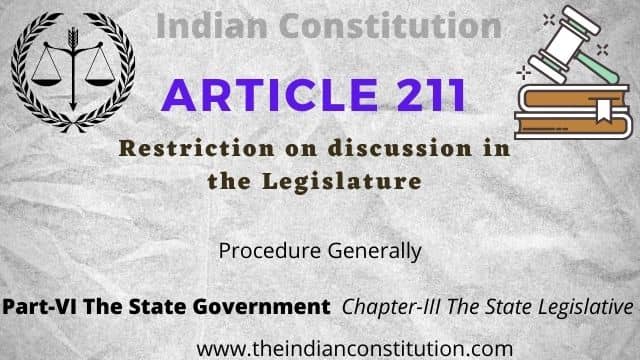
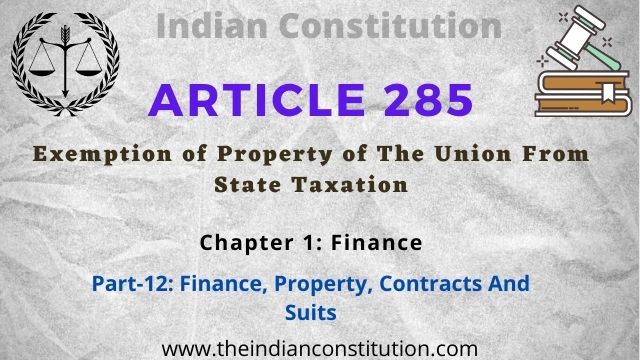
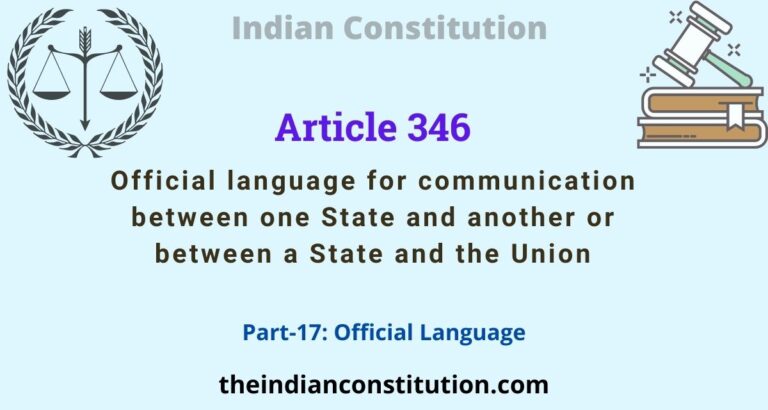
Good article.